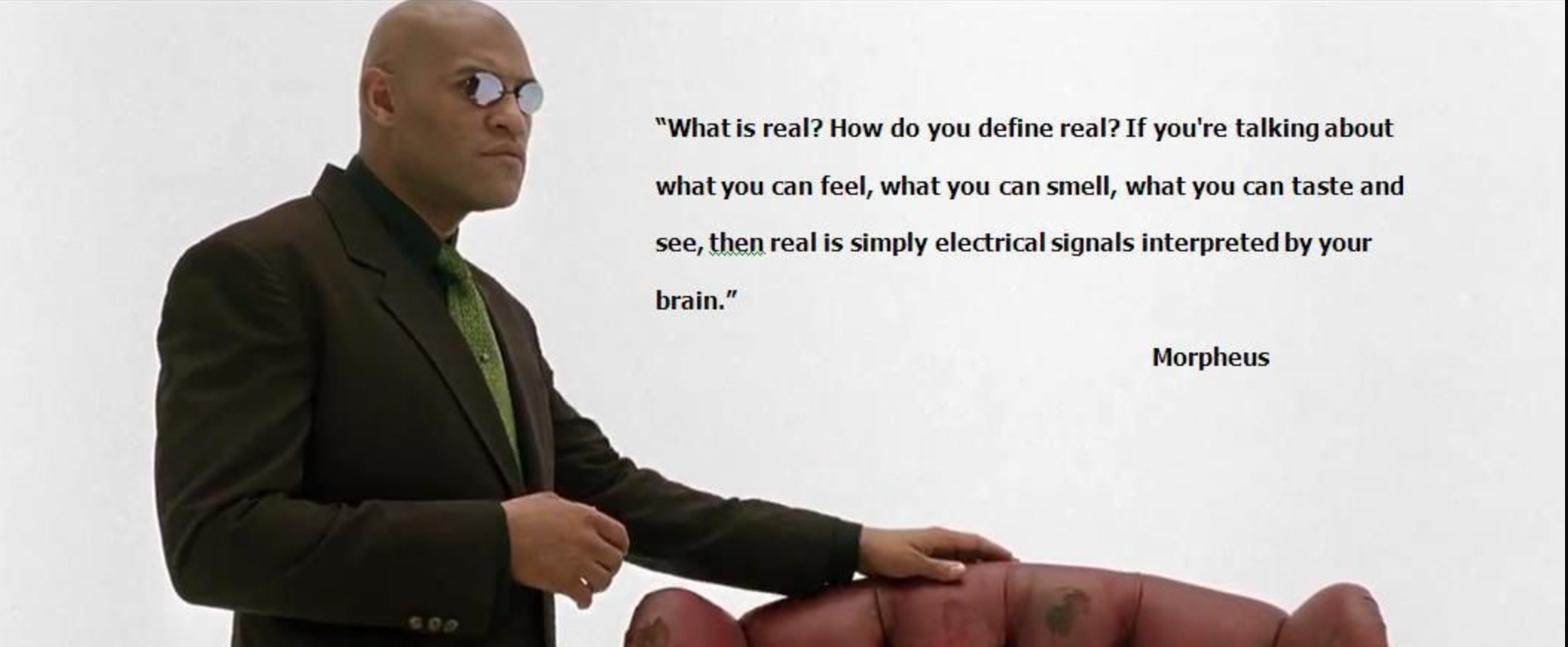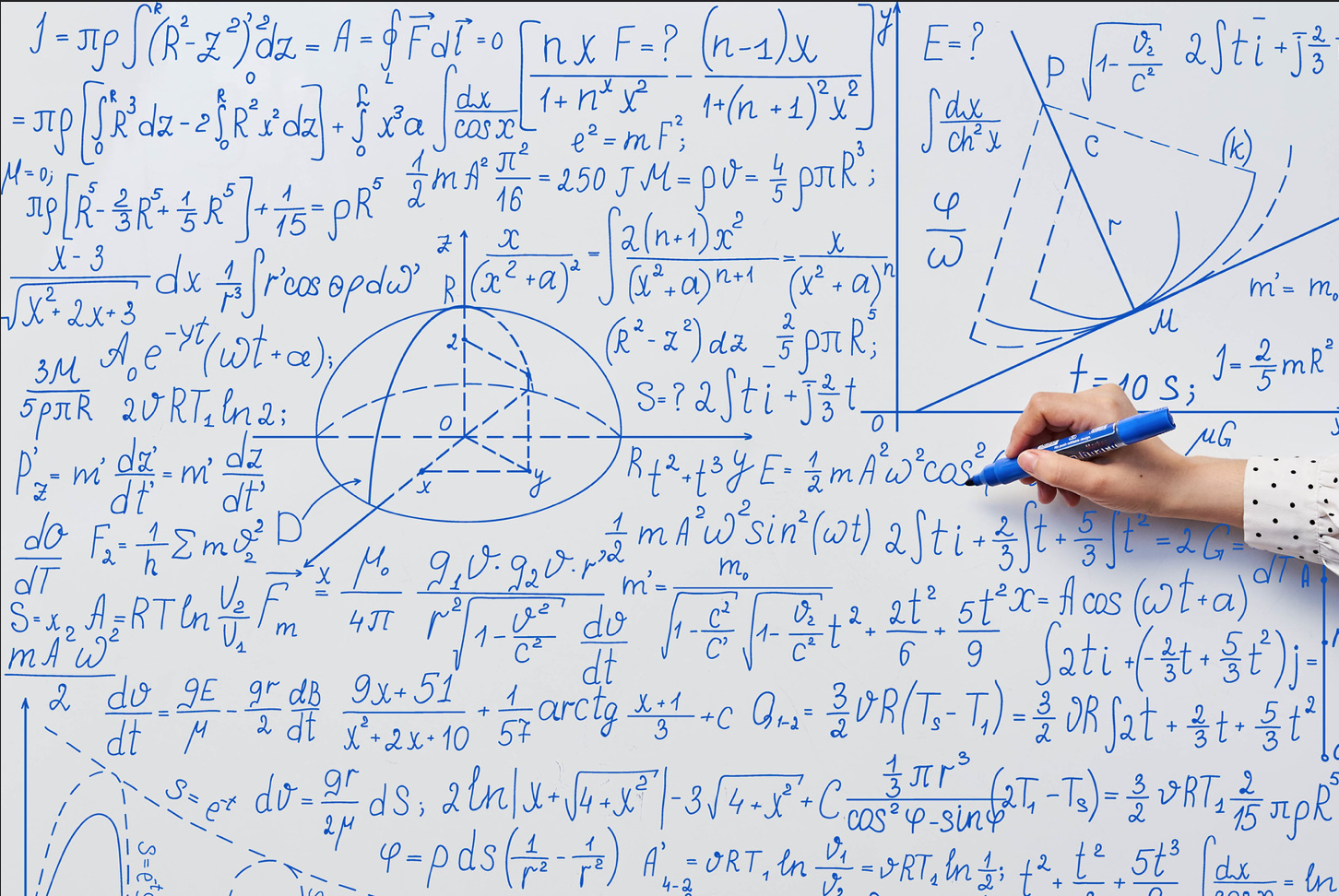In the movie The Matrix (1999) the scene What is Real? has the main character named Neo connected to a computer simulation with a terminal jack in the back of his head. Once in the simulation Neo questions the nature of his reality. The discussion puts forth a model of human perception where energy signals such as light, sound, heat, and chemicals impinge on the sensory receptors in the human body. The receptors react sending impulses through the nervous system to the brain. The brain interprets these impulses constructing a mental model creating an individual’s experience of the world around them as what they see, hear, feel, smell, and taste. Our sensory system only samples a small amount of the energy fields and chemical molecules present in the environment directly around us. Our brains interpolate to fill any gaps where data is missing. The sensory processing system can be thought of as our input from the physical world we live in.
The reciprocal output is where the brain and nervous system send impulses to effectors to cause the body to carry on any actions such flex a muscle, blinking eyes, or vocal cord action to speak. Many bodily functions occur automatically through the anatomic nervous system. Others operate under conscious control by the individual. Although, individuals often overestimate (and sometimes underestimate) how much actual conscious control they exert over their bodily functions.
The fascinating question posed in The Matrix movie is how would you know the difference between signals supplied to your nervous system from a computer simulation and those from the “real world”?
An important psychological phenomenon to understand is filtering. Our experience is netted together from data sampling within our environment. Past experience and our belief system have a profound effect on our experience of reality. We make predictions and fill in gaps guided by our beliefs and personal history. Sometimes these efforts are correct. Other times they are inaccurate or distorted. This process is called filtering because of how our experience is altered. Some people are described as looking at the world through rose-colored glasses meaning they filter their experience by taking the most optimistic view of situations.
The effects of filtering are most profound in on our options and judgments about other people and situations. Individuals involved in the same group social interaction can report very different interpretations of what just occurred. A common saying illustrating how views can differ is some see the glass of water as half empty and others see it as half full. Filtering can take the form of an internal narrative or thought pattern where the focus of attention over emphasizes some characteristics while minimizing others.
 Jamie
Jamie 
 Feelings
Feelings